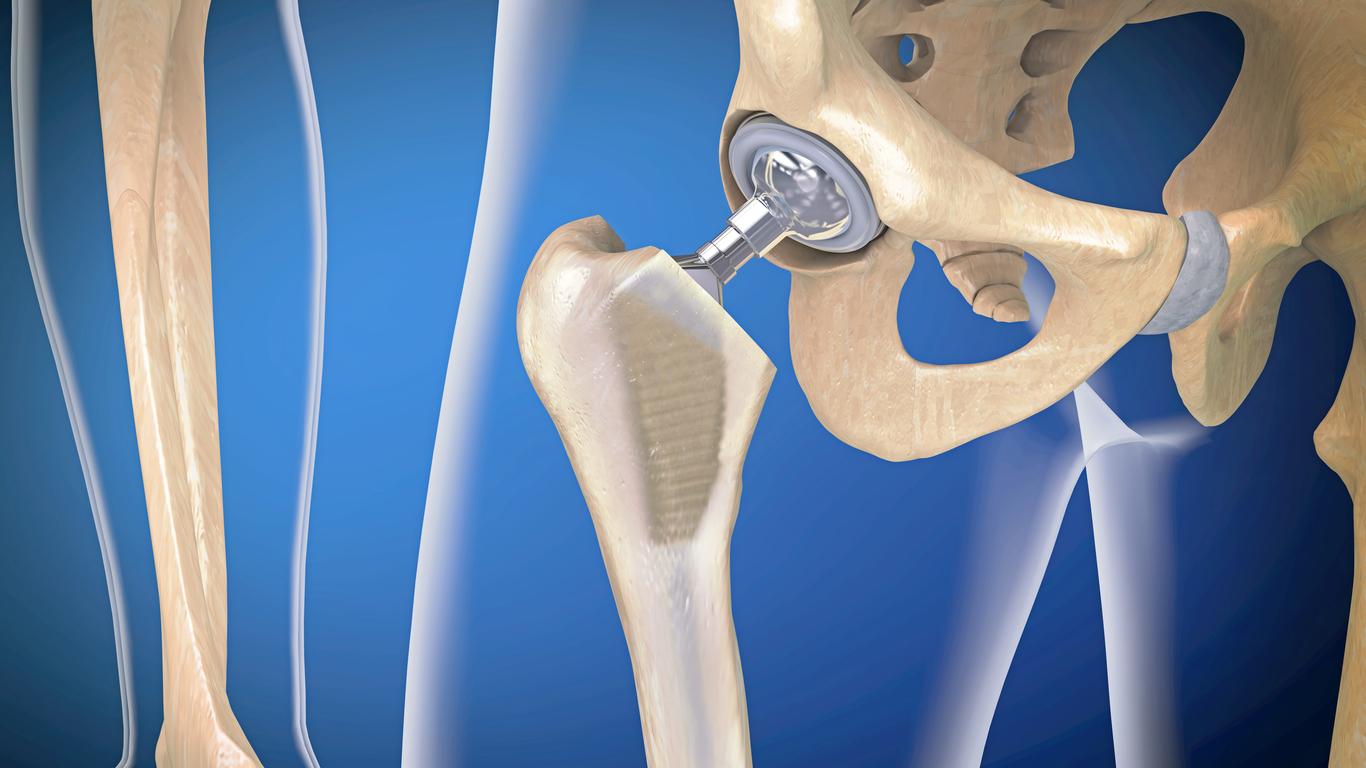The ANSM advises against Smecta for children under two years old, pharmacists could one day deliver certain drugs without a prescription and growing up close to nature would have benefits for the mental health of children. Here is the main news.

The ANSM advises against Smecta before 2 years because of potential traces of lead
No Smecta to treat diarrhea in children under 2 years old. In a press release dated this Thursday, February 28, the National Medicines Safety Agency (ANSM) advises against “as a precautionary measure” giving toddlers clay-based medicines to treat acute diarrhea, and this ” even if the treatment is short-lived”. In question, according to the health agency: the possible presence of minute quantities of lead in these drugs. “The clays obtained by extraction from the ground, can contain small quantities of heavy metals present naturally in the environment, such as lead”, writes the ANSM. More information in our article.
Will pharmacists soon be authorized to dispense certain drugs without a prescription?
Enable patients to treat cystitis, otitis or conjunctivitis by providing them, in the evenings and weekends, with drugs normally prescribed by prescription: this may soon be possible for pharmacists. It is in any case the wish of Thomas Mesnier. While the Health Law will be debated next month in the National Assembly, the majority deputy has just tabled an amendment to this effect, reveals France Info this Thursday, February 28. The objective of this amendment is simple: to be able to “help out” patients who, during weekends or in the evening, wish to treat a benign condition for which pharmacists usually require a prescription from a doctor. We tell you more in our article.
Growing up surrounded by green spaces during childhood improves mental health
It’s a fact: these days, kids are spending more and more time indoors, staring at a tablet or TV screen. The result is a sharp increase in overweight and attention disorders. What if, to make children future adults who feel good about themselves and their minds, it was enough to reconnect them to nature? Numerous scientific studies have already shown that green spaces contribute to the intellectual and emotional development of children, that contact with nature improves self-esteem, reduces stress and increases creativity. A new study conducted by the University of Aarhus, Denmark and published in the American journal PNAS goes even further. According to its authors, children growing up in a green environment run up to 55% less risk of developing mental disorders when they are adults. To read more click here.
.















